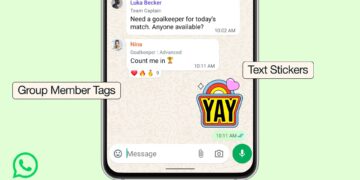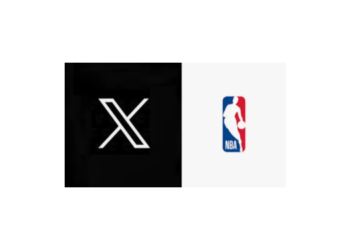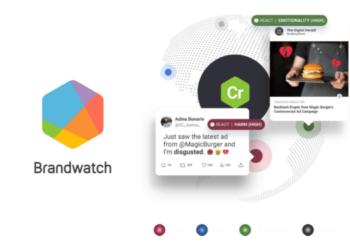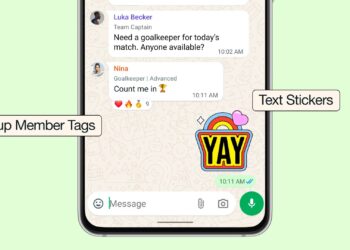In a groundbreaking move, a group of disillusioned users from Match Group’s dating platforms, including Tinder, Hinge, and The League, have initiated legal action, challenging the company’s practices. The lawsuit alleges that these popular dating apps are designed to be addictive, potentially causing harm to users’ mental health, and accuses the company of misleading advertising.
The plaintiffs argue that Match Group profits from users who find themselves unable to stop using the apps, comparing the situation to Skinner’s experiments that conditioned pigeons to gamble. Their legal demands include a class-action lawsuit, a directive to halt the sale of what they deem “unlawful subscriptions,” compensation for affected app users, and a trial by jury to determine damages.
Match Group has dismissed the lawsuit as baseless, stating, “This lawsuit is ridiculous and has zero merit.” This legal challenge is part of a broader trend of lawsuits attempting to hold tech companies responsible for fostering online addiction. Despite the protective shield offered by Section 230, a piece of legislation from 1996, these new lawsuits are exploring innovative legal avenues, such as claims of product liability and defective design.
The lawsuit against Match Group raises crucial questions about the responsibility of tech companies in designing apps that prioritize user welfare over addictive engagement. While the legal battle faces the steep challenge of overcoming established protections like Section 230, it underscores a growing public demand for greater accountability in the tech industry. The outcome of this case could set a significant precedent, potentially inspiring further scrutiny and regulation of how tech companies engage with their users. As the digital landscape evolves, the balance between innovation and ethical responsibility remains a contentious and vital debate




















































